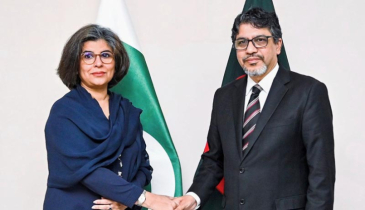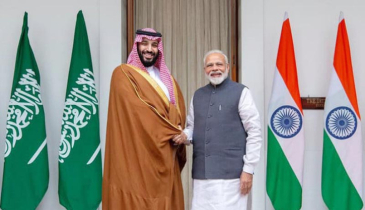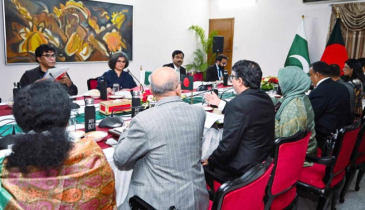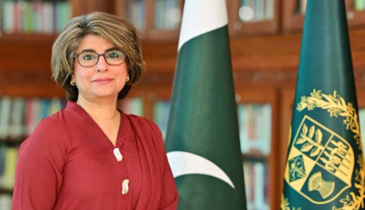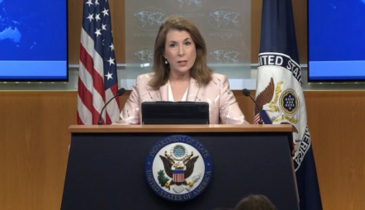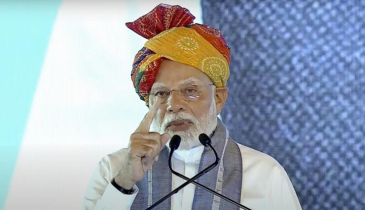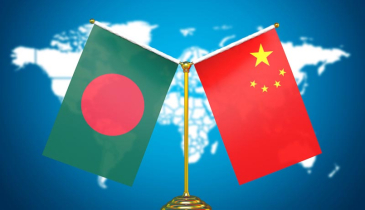Bangladesh to seek zero-tariff access for key exports to US
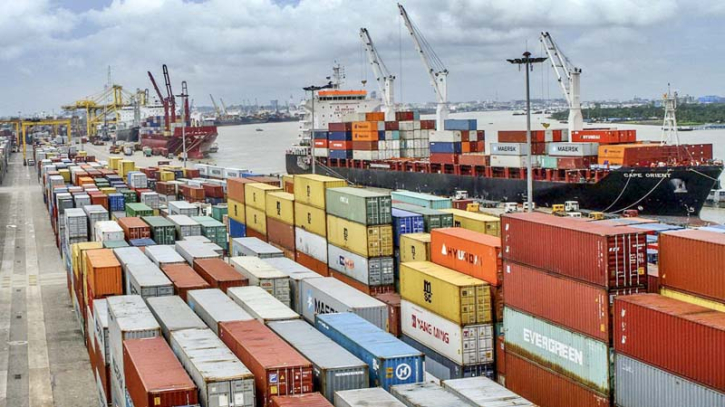
As discussions around US reciprocal tariffs remain on hold, Bangladesh plans to raise concerns about existing trade barriers affecting its exports to the American market. The country is expected to call for duty-free and preferential access during meetings with US officials on the sidelines of the World Bank and IMF Spring Meetings in Washington, scheduled for 21–25 April.
According to a briefing prepared by the Ministry of Commerce for the discussions, while over 82% of US tariff lines are currently duty-free, this does not extend to the bulk of Bangladeshi exports. In fact, Bangladeshi goods entering the US market are subject to an average tariff of 15.2%—one of the highest rates imposed by the US. The average tariff for knitwear stands at 18.7%, while non-knit apparel is taxed at around 15.8%.
In comparison, the briefing highlights that Bangladeshi tariffs on US goods are significantly lower. During the fiscal year 2023–24, the average tariff on US imports stood at just 1.62%.
The ministry argues that Bangladesh, as a Least Developed Country (LDC), should benefit from duty-free market access in line with WTO ministerial commitments made in Hong Kong and Bali. Despite its LDC status, the country continues to face some of the steepest tariffs among all US trade partners—a situation the ministry describes as a major barrier to trade.
Additionally, Bangladesh is expected to request duty-free access specifically for ready-made garments (RMG) produced using American cotton. Although cotton imports are generally duty-free in Bangladesh, US-origin cotton currently incurs a 16% ad valorem tariff. In 2022, Bangladesh imported $478 million worth of cotton from the US, according to data from the Economic Relations Division (ERD).
This policy push comes shortly before the announcement by US President Donald Trump on 2 April regarding a proposed 37% tariff on imports from Bangladesh as part of his broader 'reciprocal tariffs' strategy.
.png)


